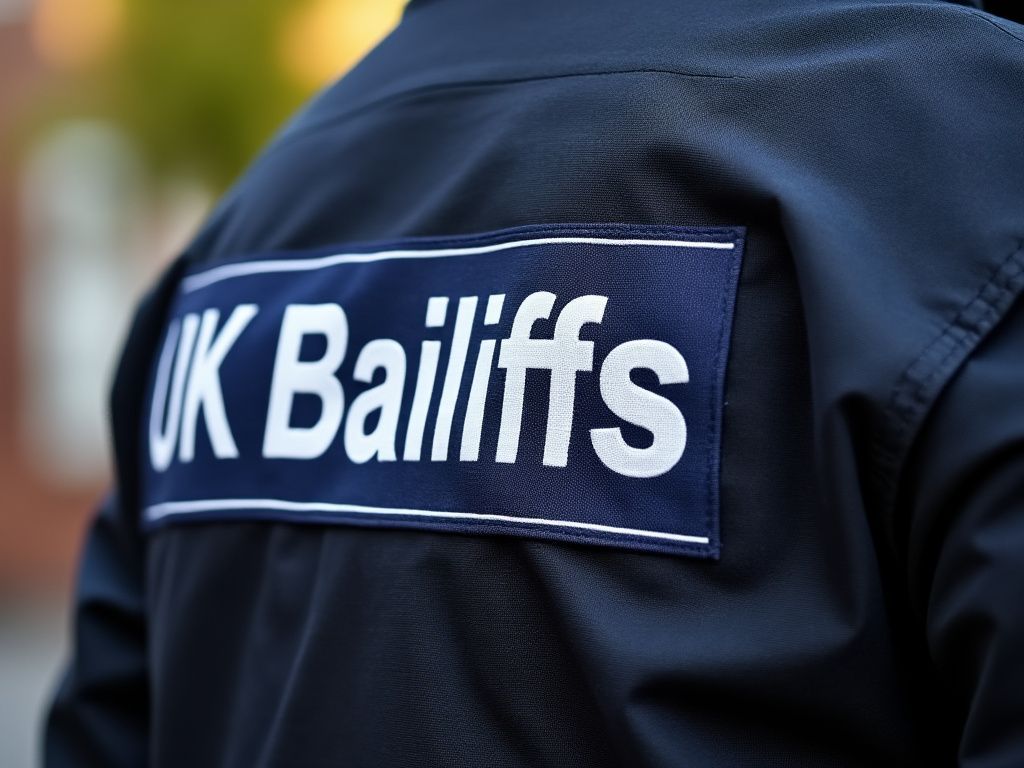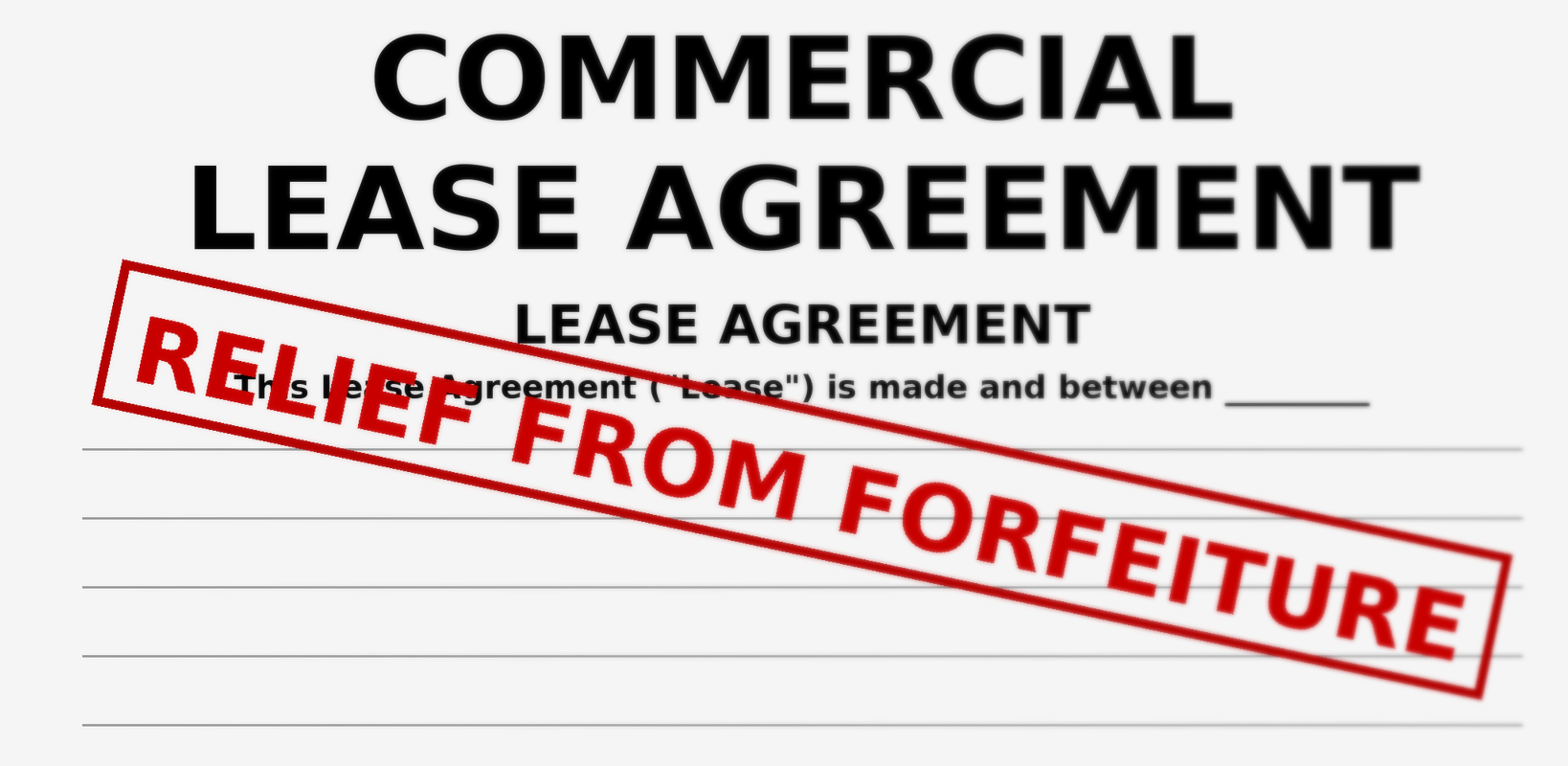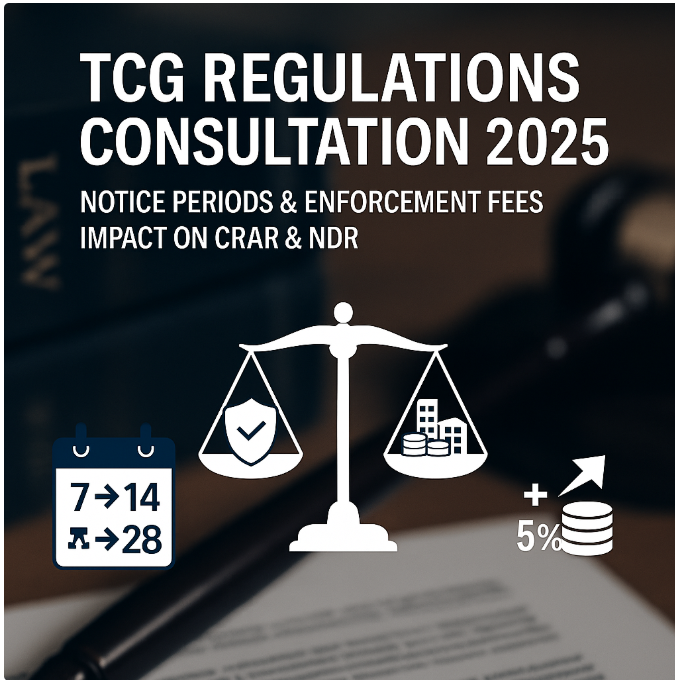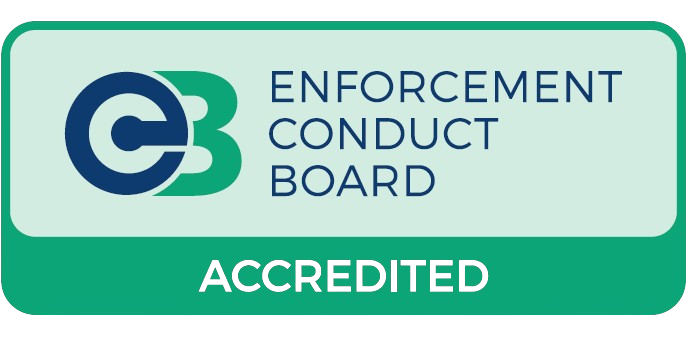NEWS and Updates

Are All Debts Worth Recovering?
If you’re a creditor wondering how to get your money back, your first instinct may be to send in the bailiffs. However, even after obtaining a County Court Judgment (CCJ), not all debtors have the means—or the intention—to pay what they owe.
Some individuals are considered judgement-proof, meaning they have no assets or income that can be legally seized through enforcement action.
In this article, we’ll explain:
- What judgement-proof debtors are
- How to identify them
- What your recovery options are as a creditor
“If I owe the bank $1 million, it’s my problem. If I owe the bank $100 million, it’s the bank’s problem.”
— Jean-Paul Getty
The Definition of Judgement-Proof Debtors
Judgement-proof debtors are individuals who are essentially immune to debt recovery efforts due to limited financial means or a lack of enforceable assets. Pursuing legal action against such individuals may cost more than the debt is worth.
Five Factors to Consider Before Chasing a Debt
1. Limited Disposable Income
Does the debtor have any meaningful disposable income? If their finances are already stretched or reliant on benefits, your chances of recovering money are slim.
2. Lack of Valuable Assets
Many household goods depreciate quickly. A TV that cost £2,000 ten years ago may now fetch only £100 at auction. Vehicles under finance can't be seized, and older cars often aren't worth the enforcement costs. Consider what value their belongings would actually bring at a no-reserve auction.
3. Poor Credit History
While a CCJ can harm a debtor’s credit profile, someone with multiple existing judgments may not care. One more won’t necessarily change their behaviour.
4. Vulnerability
The Government’s ‘Breathing Space’ legislation protects vulnerable debtors from immediate enforcement. Mental health, unstable income, or dependency might make someone exempt from enforcement.
5. Instability of Lifestyle
Some debtors live transiently. With the average private tenancy lasting just 20 months, tracking down a debtor after legal delays can be very difficult. The enforcement window may close before they're located.
The Cost-Benefit Analysis
Strategic Takeaways
Recovering unpaid debts is critical to business cash flow, but knowing when to proceed—and when not to—can save time, money, and frustration.
Working with professionals like UK Bailiffs can help you assess your chances and choose the right enforcement strategy.
It’s important to remember that:
- A CCJ remains active for 6 years.
- A warrant or writ of control is valid for 12 months.
- Debtors’ circumstances can—and often do—change.
Sometimes, patience is your best strategy. But chasing the wrong debtor could mean throwing good money after bad.






